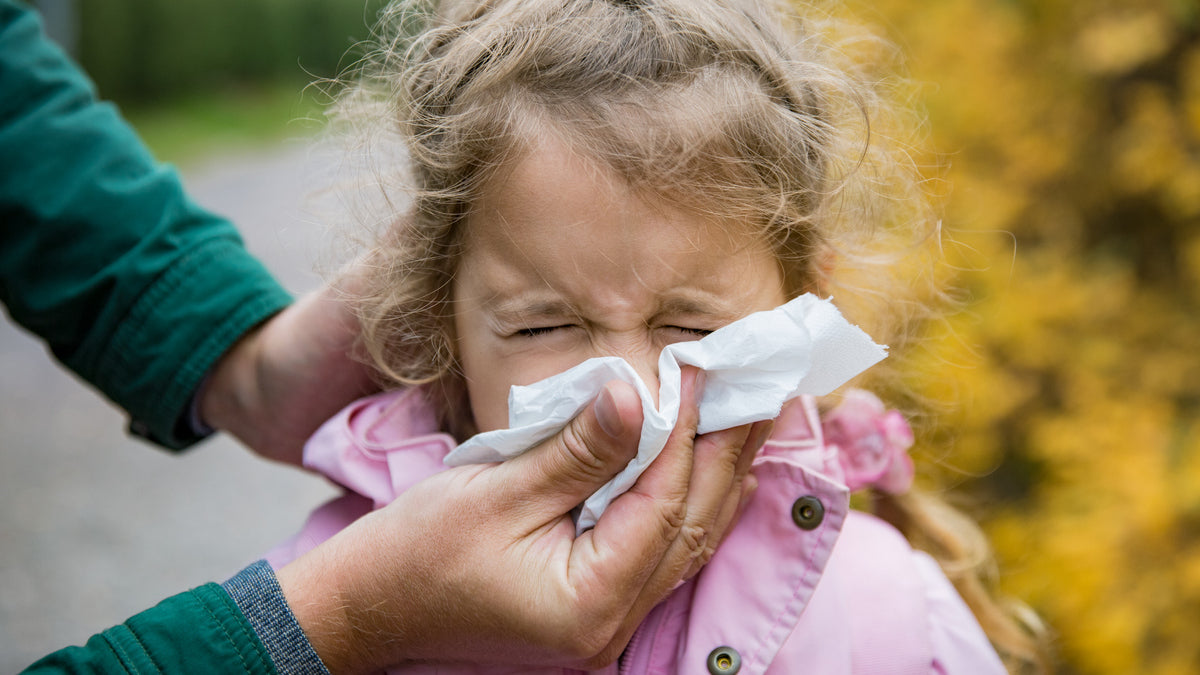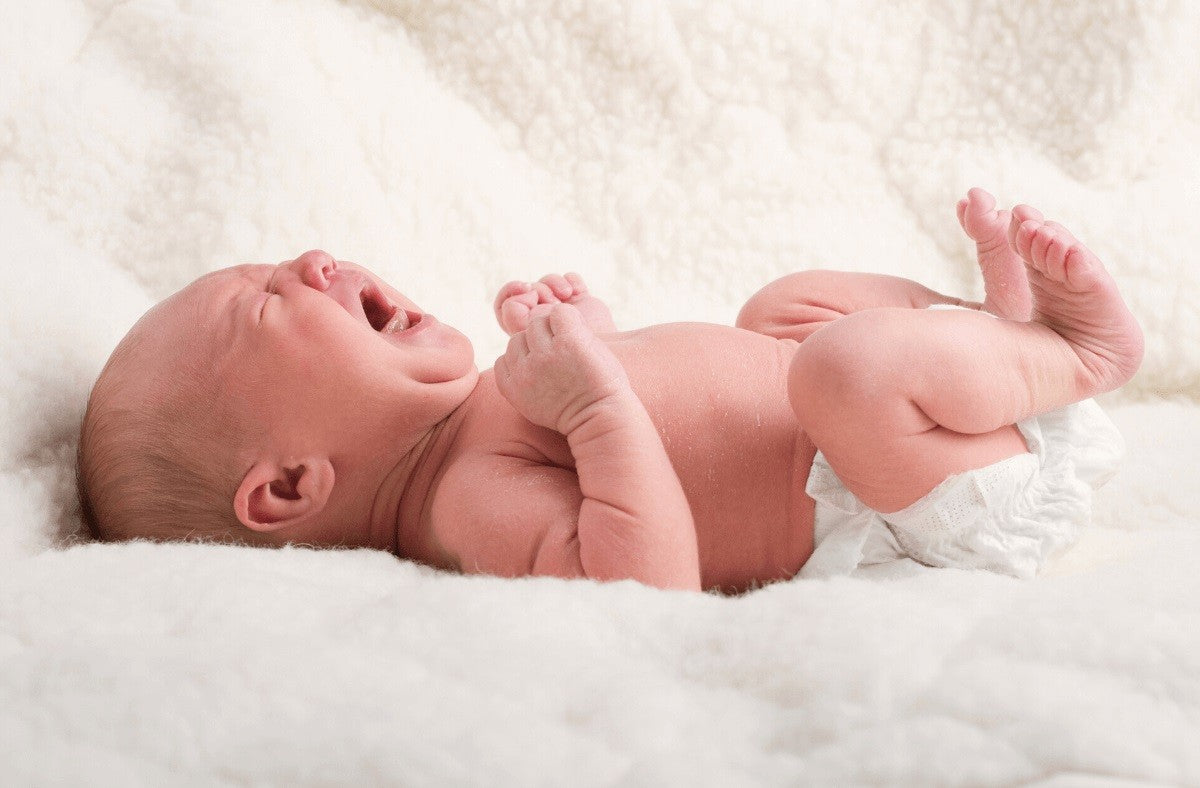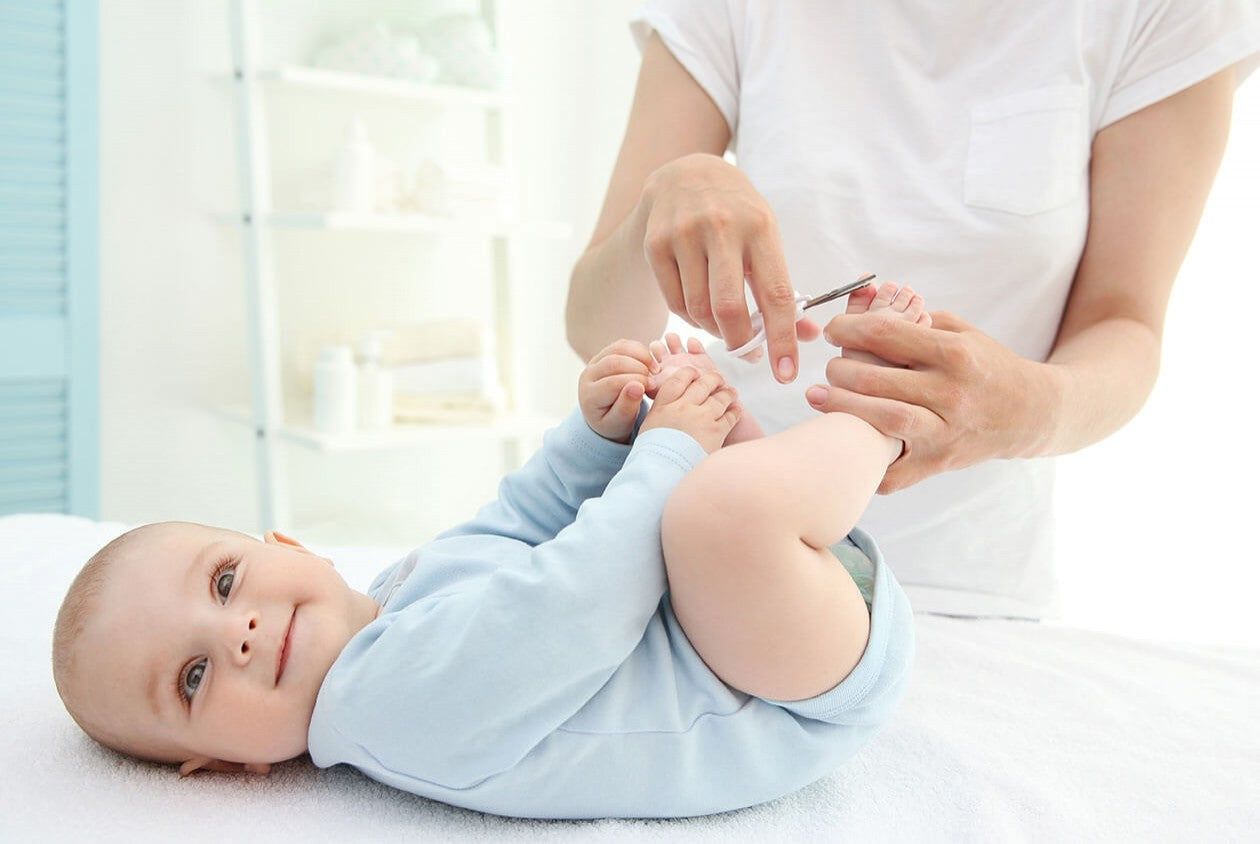Breath of the newborn: when to worry.
At every moment of the day from birth, every mother takes care to monitor the breath of her newborn, to understand if there are any variations.
How much and how does a newborn breathe?
The breathing of a newborn is different from that of an older child or an adult. The presence of a periodic breathing is normally observed in the newborn, ie rapid breaths which are followed by a short pause of less than 10 seconds, both the modality and the quantity are different; it breathes faster than adults and children, with a normal breathing rate of about 40 breaths per minute, which can decrease to 20-40 per minute during sleep
How to keep the baby's breath under control, and how to notice if he is breathing badly.
1. When the respiratory rate may increase if the baby has a fever or is crying. Usually, it should subside again when the situation normalizes. If, on the other hand, the baby's breathing continues to be too fast, it means that there is a problem;
2. Check to see if the baby goes apnea often.
3. When intercostal indentations occur which represent the difficulty of air entering the lungs.
4. when the newborn groans it means that it has difficulty breathing and the groan helps to retain the air in the lungs;
5. Beware of the infant when he is breastfeeding occasionally, infants may cough or choke. When they take milk too quickly, a cough can happen. However, when the cough is frequent, it can be a sign of a respiratory or digestive pathology and is therefore a situation that needs further investigation.
In case of shortness of breath.
Breathing difficulties that alter the normal breathing of the newborn can therefore occur in different situations, from the common cold to more serious diseases. For example, the newborn suffering from bronchiolitis, bronchospasm, laryngitis, fever, pneumonia, asthma can breathe heavily.
What to do in these cases?
When one of the above conditions occurs, it is advisable for the newborn to be examined by a pediatrician, to ascertain the causes that led to the alteration of the breath and thus to arrive at a timely diagnosis.






Leave a comment